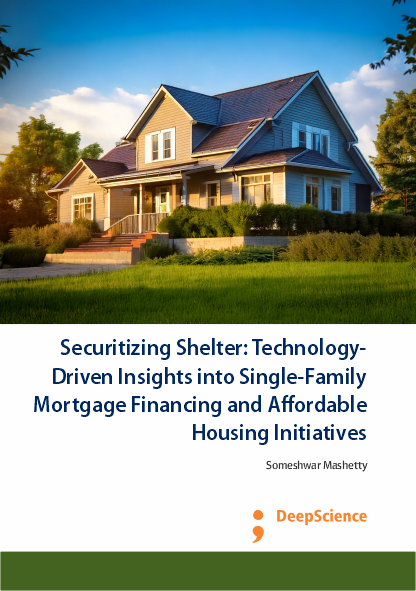Balancing profitability and social responsibility in urban development financing
Synopsis
Urban development has become increasingly important in contemporary society as more than half of the world’s population now lives in cities (Pandiri et al., 2023; Recharla et al., 2023; Nanan & Chitta, 2022). Most urban development is facing some kind of slowdown. This may include consolidating gains from previous growth, reusing or redeveloping declining areas, or stemming or reversing centuries of demographic losses. Recently, developers have faced challenges from such outcomes as resource limitations, climate change, historic preservation mandates, environmental justice objectives, demographic transformations, and social norms about walkability, green amenities, and healthy buildings. Successful urban development must balance financial, social, and environmental objectives to ensure that a majority of the community ultimately benefits. A comprehensive understanding of urban demographics, land use, and transportation influences is necessary to take advantage of opportunities and minimize risk. While meaningful social change in urban areas must be based on at least some profit-minded investment, economic values must serve societal needs rather than attempting to persuade society that their best interests are a byproduct of economic gain.
Knowing the direction of these trends is important for informing good choices about where, why, when, and how to attempt to develop real estate. Decisions can be based on developer or city agency profit, but can often offer the most impact when connected to local imperatives. Economic logic based on location and urban land and buildings can yield potential for profits if a development is successful enough. Urban development continues to be a reliable source of economic growth—even in the developing and post-industrial world—when it is coupled with social imperatives like affordable housing, historic preservation, or healthcare and transportation sited near dense residential areas. Opting to set personal investments into urban living closer to jobs, cultural, or recreational amenities can also be advantageous.













